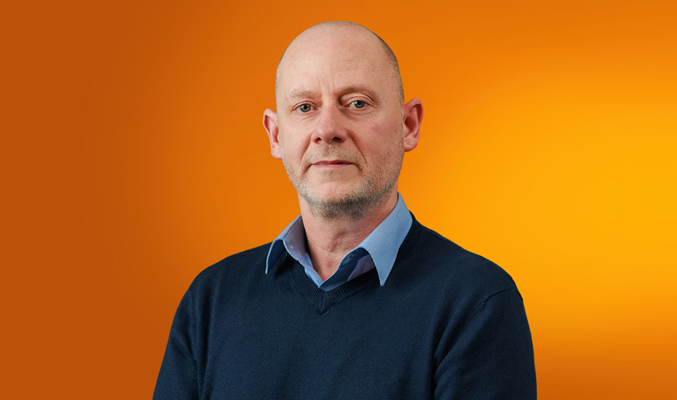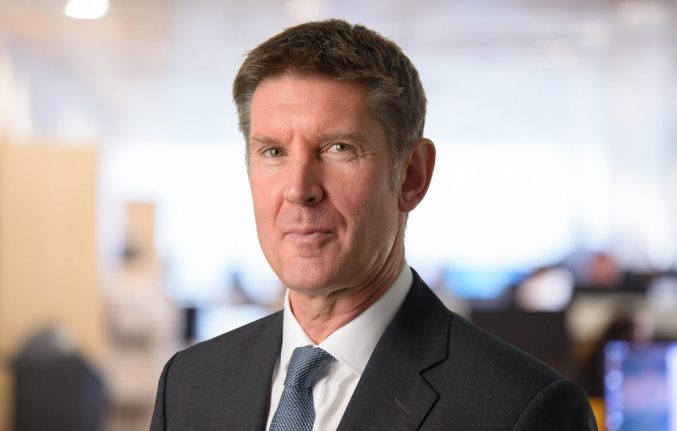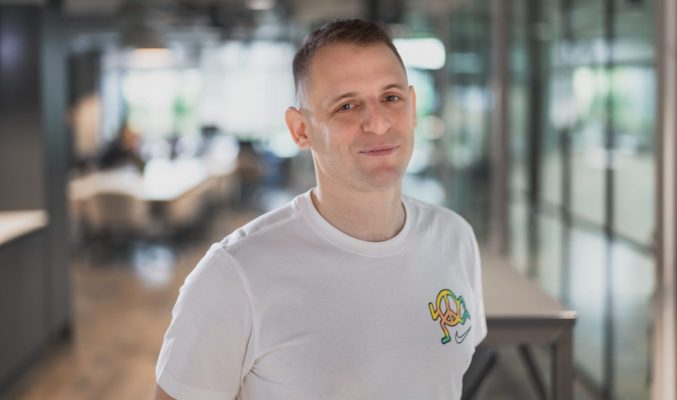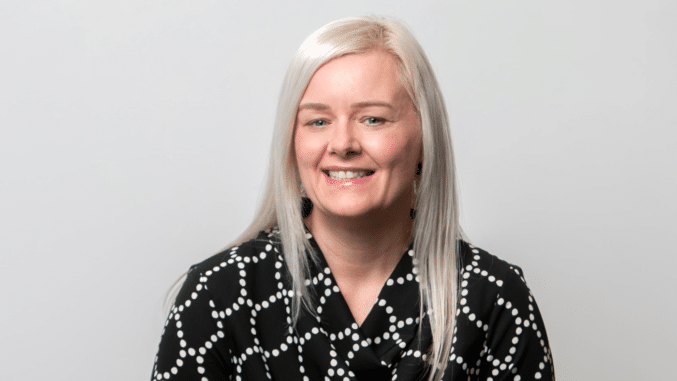‘Do not be afraid to ask for what you deserve’
By Tony Sanchez

In our latest Women in Finance Interview, Tony Sanchez speaks to Andrea Atilano.
Andrea is an underwriter and development specialist for the Spanish team at Fiduciam.
She is currently a CFA level III candidate, holds an industrial engineering degree and a master’s degree in finance.
Andrea joined Fiduciam in mid-2019 after spending four years in various finance roles in Venezuela, her home country.
What brought you into financial services?
A finance class whilst at university during my engineering degree. I trained as an Industrial Engineer but didn’t identify with the typical industrial engineer career path/options.
So, in my third year of university, I added an economic analysis of engineering projects module to my course and loved it. From that moment on, I decided that I wanted to focus my career on finance.
What do you think makes a successful leader? And in particular women leaders?
For me, a successful leader guides people, not only based on intellectual reasoning but also on her intuition and understanding of feelings, emotions and motivations of those she leads.
A successful female leader is able to read non-verbal communication and use that information to support the decisions she makes.
To me, that makes women leaders unique and special compared to others.
What are the biggest barriers you have faced in your career in financial services?
The biggest barrier I’ve faced in my career has been finding my place in a country to which I’ve recently moved.
I studied for my university degree in a top-rated and recognised institution in Venezuela, but unknown here. Therefore, finding my place in a very competitive environment has been quite a hurdle, but at the same time has also made the process more exciting.
I’ve also been lucky and have come across people and roles where being a foreigner is a plus.
If you could tell your younger self one thing you know about business now, what would it be?
To take it easy. I’ve always been impatient which sometimes adds unnecessary pressure and stress to life. Now I am a believer that with hard work, the results come in time.
What’s your own personal mantra?
If you are happy, life isn’t hard. Sometimes we spend far too much time working towards the goals and forget about enjoying the day-to-day.
I’ve learned to enjoy the little victories and celebrate them all. And when I say little victories, I mean it!
For example, I have celebrated each piece of furniture I’ve received in my new house!
What do you think is key for finding a successful work-life balance?
To me, a successful work-life balance requires three main components: prioritisation, organisation, and communication.
I think that when people prioritise their tasks and can differentiate between urgent matters and others that are not-so-urgent, they tend to be more productive during normal working hours and can effectively show results.
Having supportive managers also makes a huge difference.
What advice do you have for women aiming for leadership positions?
Surround yourself with people that you can learn from. To me, this is the key.
Challenge yourself and get out of your comfort zone.
What do you think is holding women back?
I do believe that becoming a mother, and the complexity it adds to life, makes a lot of women re-position their careers.
Even though some women can find the right work-family balance, it does require a combination of personal skills, supportive managers and comprehensive corporate policies which are sometimes difficult to put together.
Do you think there is still a glass ceiling?
I do believe the glass ceiling is still there, but slowly disappearing which has been demonstrated by the increasing number of women in management positions shattering it.
It is a continuous improvement process. Having more women in management positions will reduce the possibility of having salary discrimination.
At the same time this will encourage more women into financial services, until the point where we will not even think about it.
What are your thoughts on the Women in Finance Charter?
I think it is a great initiative as I strongly believe that promoting diversity adds value as it allows companies to freshen up the traditional decision-making process.
As a Venezuelan woman, I can say that the different situations and contexts I have grown up in change the way we look at things and give a different point of view when handling all types of situations.
How do we encourage more women into financial services?
The best way to encourage women into the industry is by showing that it is possible to be a successful working woman while having a family to look after and maintain a good work/life balance.
Also, having a good salary and reducing the gender pay gap is not bad either 😉.
The gender pay gap is only second-worst to the construction industry. What can organisations do to address this?
Transparency on how decisions around compensation are made is key to close this gap.
Setting milestones and defining the basis for the decision-making process behind the salaries will contribute towards this goal.
Finally, don’t forget that if you don’t ask, you don’t get it. So, manage your expectations, and do not be afraid to ask for what you deserve.










You must be logged in to post a comment.